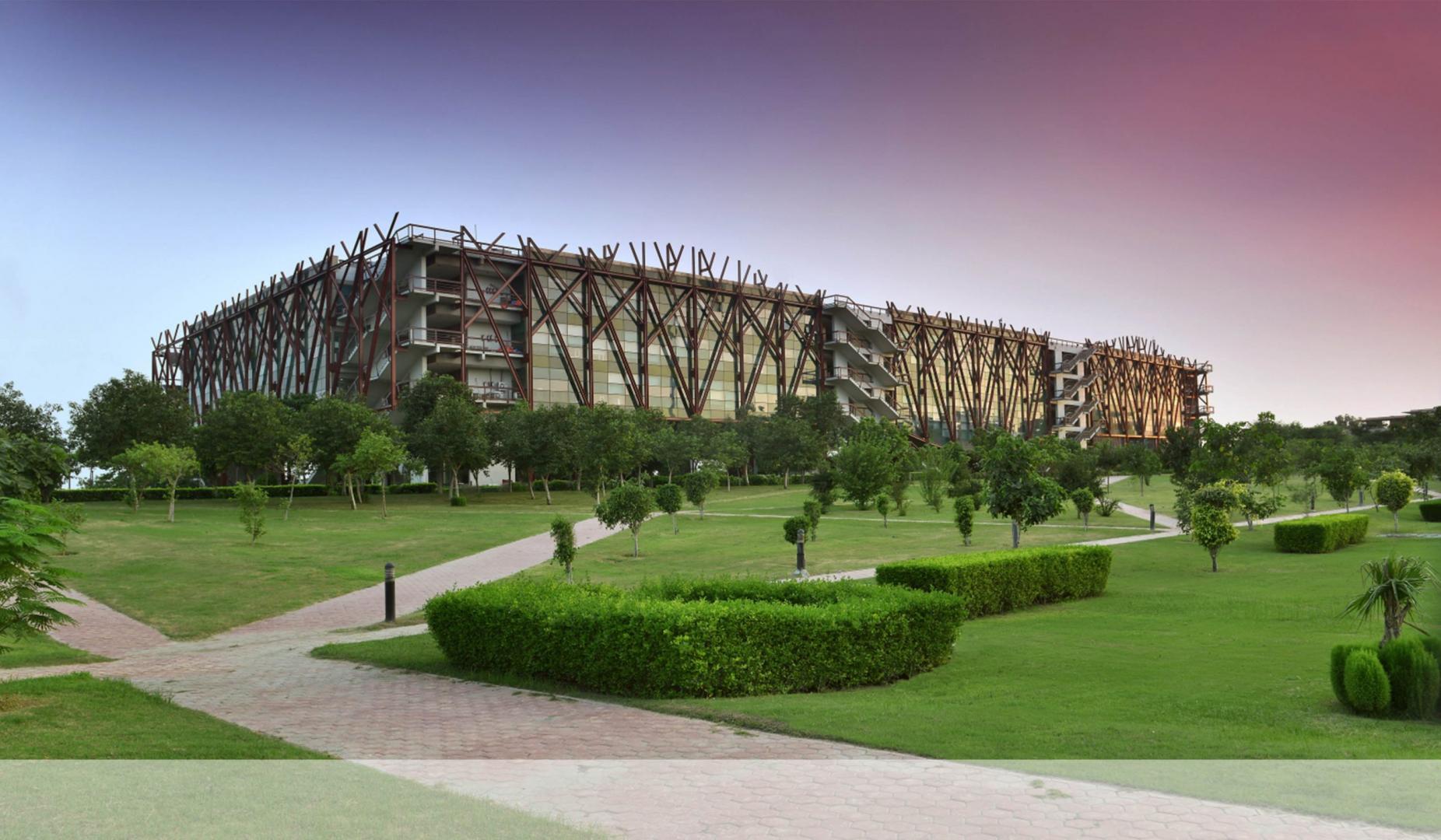

Cultural Expertise and Litigation: Practices in South Asia and Europe [International Workshop]
Fri, 02 Dec 2022 - Sat, 03 Dec 2022
Sonipat and online, India
View Call for Proposals for this Event
Organized by: O.P. Jindal Global University
Contact: ashwin@jgu.edu.in
Workshop organized in the framework of the Independent Social Research Foundation Small Group Project, as a basis for a planned special collection of the Jindal Global Law Review (publisher: Springer, indexed in SCOPUS).
The phenomenon of expert witnesses advising the courts or the litigants, often in contentious, high-profile disputes has been studied by doctrinal legal scholarship (e.g. Baker 1991; Bronstein 2011). Expert witnessing in the fields of interpretive social sciences and humanities, however, has mainly been examined by anthropologists (Rosen 1977), which largely remains the case even today (Clarke 2020; Loperena, Mora, and Hernández‐Castillo 2020). The disciplinary divide has been challenged by studies of cultural expertise, introduced to the cross-disciplinary study of expert witnessing as ‘the special knowledge that enables socio-legal scholars […] to locate and describe relevant facts in light of the particular background of the claimants and litigants […]’ (Holden 2020, 45). The form of involvement of cultural experts, and the legality and legitimacy of their participation has received limited attention geared towards specific subfields of law (cf. Burdziej 2020; Ciccozzi and Decarli 2019; Rethimiotaki 2019), with virtually no non-European jurisdictions considered. No comparative studies on the interaction between judges, attorneys and expert witnesses exist on South Asia, despite the frequent use of expert evidence that needs to pass a threshold of objectivity. In the case of cultural expertise, the interpretation of objectivity becomes even more significant as it pertains to the very conceptualization of expertise.
This workshop aims at advancing cross-cultural, cross-jurisdictional and cross-disciplinary perspectives on cultural expertise in South Asia and Europe, thus contributing to the disentangling of the relationship between science and law, the understanding of the diversity of existing practices of cultural expertise and the avenues for the development and reform of the legal doctrine and implementation of formal rules. By bringing in contributions from different legal traditions as well as modes of interaction between judges, attorneys and expert witnesses, the project will shed light on the potential avenues for mutual inspiration as well as the cross-sectoral differences depending on the types of questions the cases with the involvement of expert witnesses in the social sciences and humanities are responding to. At a theoretical level, the workshop addresses problems such as conceptualizing expertise, the legitimacy of experts as partners to judicial decision making or the (im)possibility of identifying 'objective' truths via interpretive social science (e.g. Brandmayr 2018).
The workshop is organized as part of a collaborative project on 'Cultural Expertise and Litigation in South Asia and Europe' funded by the Independent Social Research Foundation. This project builds on contemporary research on cultural expertise, a prime hub of which is the EURO-EXPERT project led by Professor Livia Holden. Contributions dealing with single countries in South Asia or Europe as well as comparative intra-regional and cross-regional contributions are invited, covering primarily (but not exclusively) areas of criminal law, family law, Indigenous rights, historical memory, and migration or asylum.
The contributions will advance the research agenda on cultural expertise and studies on the understanding and possibly conflicting conceptions of expertise that are discernible in legal discourses. Traditional journal articles, but also innovative formats such as research notes, review essays or critical case notes will be considered for inclusion in the workshop.











